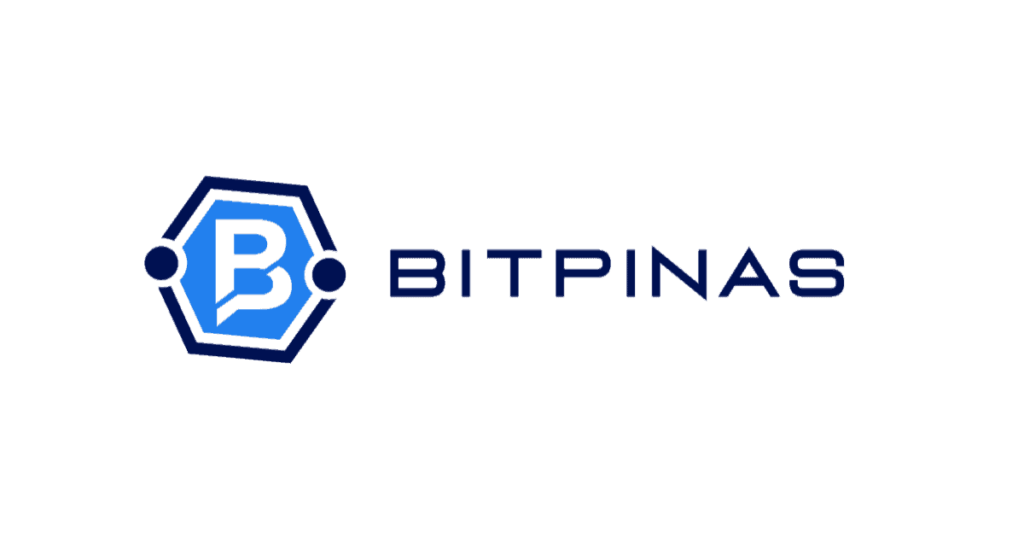
From multiple NFT marketplaces shutting down to crypto hacks, here’s a roundup of the top crypto stories you may have missed.
Illinois Drops Lawsuit Against Coinbase

Illinois has dropped its lawsuit against Coinbase regarding the exchange’s staking services, making it the fourth state to do so in recent weeks. Vermont, South Carolina and Kentucky have previously dismissed similar lawsuits.
The decision is part of state-level retreats following the U.S. Securities and Exchange Commission’s agreement to dismiss its own federal lawsuit against Coinbase.
Bybit to Discontinue NFT Marketplace, Inscription and IDO

Bybit Web3 announced the discontinuation of its NFT Marketplace, Inscription Marketplace and IDO product pages effective April 8, 2025, at 16:00 UTC. After that date, the product pages will no longer be accessible, and users are advised to manage their assets before the shutdown.
- Bybit noted that for managing NFT assets, users can visit alternative platforms like OpenSea, Blur and Magic Eden for ETH Chain NFTs, and Element Marketplace or Mintle for Mantle Chain NFTs.
- Inscription tokens can be traded on Unisat or Magic Eden. IDO participants with airdropped tokens in Bybit Web3 Cloud Wallets should transfer them to Bybit Web3 seed phrase or private key wallets before the deadline.
U.S. House Committee Approves CBDC Anti-Surveillance State Act
The U.S. House Financial Services Committee has approved the CBDC Anti-Surveillance State Act, advancing Republican efforts to block the creation of a U.S. central bank digital currency.
- The bill aims to prevent the Federal Reserve from issuing or indirectly deploying a digital dollar, arguing that such a currency could lead to government surveillance and financial control over citizens.
- The legislation explicitly bans the use of CBDCs as a tool for monetary policy, reinforcing concerns that a state-controlled digital currency could restrict financial freedoms.
China Approves First Licensed Web3 Game

China recently approved its first licensed web3 game, SHRAPNEL, to launch on the country’s official RWA Trusted Copyright Chain. The game, a high-end first-person shooter, will be tailored for the Chinese market with a dedicated launcher and a marketplace built on the government-endorsed chain.
The initiative is backed by People’s Daily, China’s official government newspaper, through its digital arm Lingjing Game Labs, which will oversee compliant distribution, minting and trading of digital assets tied to the game.
NFT Marketplace X2Y2 to Shut Down
NFT marketplace X2Y2 is shutting down on April 30 after three years of operation to pivot toward an AI-driven crypto project. Despite securing $53.6 million in trading volume over the past year, the platform fell behind competitors like Blur and OpenSea.
The team said they’ve spent the past year exploring how AI can transform crypto, hinting at a new platform focused on permissionless, AI-powered yield generation across market cycles.
Viu Partners With Azuki

Video streaming platform Viu has partnered with anime-focused web3 brand Azuki to enhance its web3 streaming content strategy, starting with the launch of Enter the Garden, an anthology series co-produced with Code Geass director Goro Taniguchi.
The collaboration aims to attract a younger, digitally savvy audience by blending anime storytelling with blockchain innovation, supported by Viu’s new platform TN7, which will host a spin-off digital comic integrating Azuki NFTs and encouraging fan co-creation.

MetaMask launched a crypto debit card in Argentina. While the card is already available in digital form, the physical version is set to roll out in the coming weeks. MetaMask director Daniel Lynch emphasized that the goal is not just to bridge web3 with web2 platforms, but to integrate it directly into everyday life.
Lynch described the launch as a major step forward in making crypto more practical and accessible, especially in countries like Argentina, where economic instability has increased interest in decentralized solutions. The card enables users to spend their crypto holdings directly.
Q1 Crypto Hacks Reach $1.63 Billion
Blockchain security firm PeckShield reported that crypto hacks in the first quarter of 2025 reached $1.63 billion, a 131% year-over-year increase. The majority of losses stemmed from a Bybit hack in February, which alone accounted for 92% of the total.
Losses for the first three months of the year:
- January: Over $87 million
- February: Spiked to $1.53 billion, including:
- Infini: $50 million
- zkLend: $9.5 million
- Ionic: $8.5 million
- March: Dropped 97%, totaling $33 million
This article is published on BitPinas: Crypto News You May Have Missed This Week | April 5, 2025
What else is happening in Crypto Philippines and beyond?







